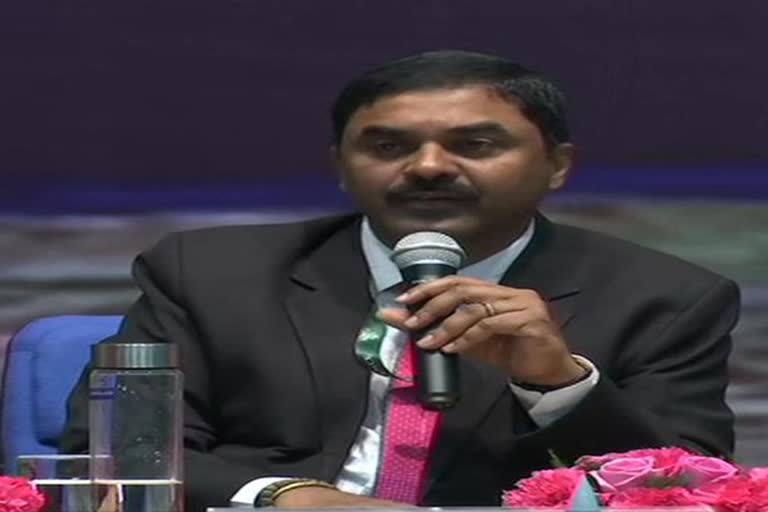New Delhi: Defence Research and Development Organisation (DRDO) Chairman G. Satheesh Reddy on Saturday said that there was no possibility of debris from the anti-satellite (ASAT) test conducted by India on March 27 hitting the International Space Station (ISS).
He said that there were chances of some debris going up but since 10 days have passed since the launch, there was no possibility of it posing any threat to the ISS.
The risk analysis simulation based on an internationally accepted software also showed that there was no threat to the space station. The DRDO chief said that all the debris should be dissolved within 45 days.
While speaking exclusively to ETV Bharat, Satheesh Reddy said that the debris will decay fast and the US state department has not issued any concerns.
"The US state department or Pentagon has not expressed any concern about the debris. They said 250-300 debris there which will die down fast," he said.
Responding to the observations made by NASA Administrator Jim Bridenstine about the possible threat to the International Space Station, Reddy said when India conducted the test, the space station was over French Guyana.
Bridenstine had said that the ASAT test by India had created 69 pieces of orbital debris posing risk to the International Space Station.
-
#WATCH Defence Research and Development Organisation releases presentation on #MissionShakti pic.twitter.com/4llQ1t3JUG
— ANI (@ANI) April 6, 2019 " class="align-text-top noRightClick twitterSection" data="
">#WATCH Defence Research and Development Organisation releases presentation on #MissionShakti pic.twitter.com/4llQ1t3JUG
— ANI (@ANI) April 6, 2019#WATCH Defence Research and Development Organisation releases presentation on #MissionShakti pic.twitter.com/4llQ1t3JUG
— ANI (@ANI) April 6, 2019
Talking about future strategies of the DRDO concerning military enhancements in space, the Chief scientist said that DRDO is a research organisation working based on policies framed by respective governments.
"DRDO is a research and development organisation, the government decides on the kind of technologies it wants to work for particulars things and we will be responding to it," he added.
On March 27, India shot down one of its satellites in space with an ASAT missile, which made it only the fourth country after the US, the USSR and China to have used such a weapon.



